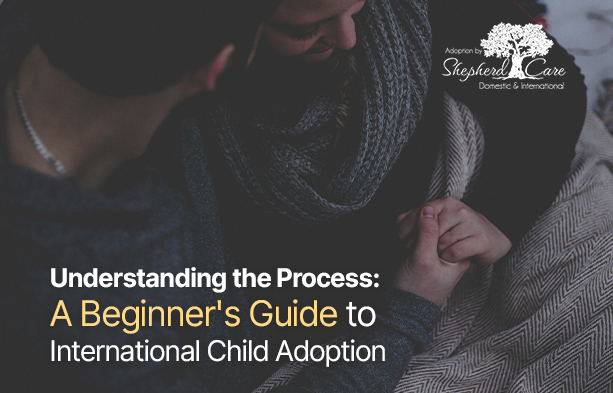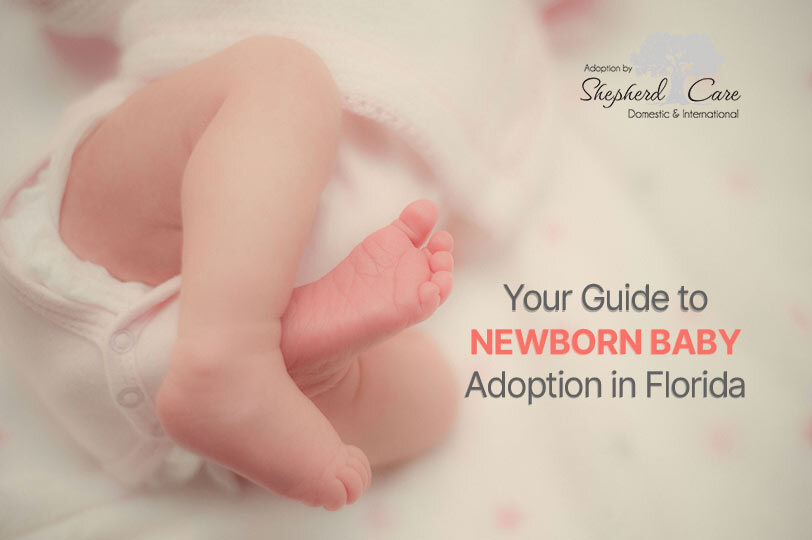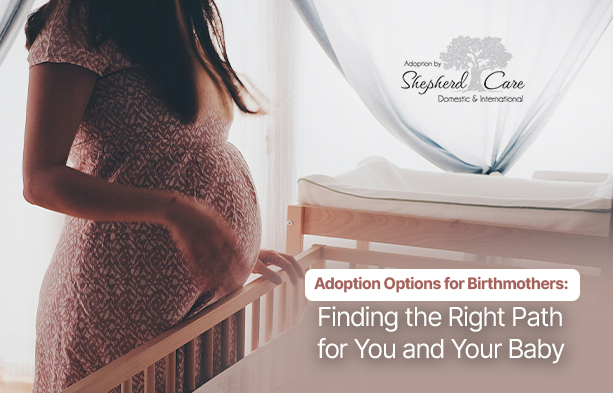If you’re wondering about the most common reason kids are put up for adoption, you’ve come to the right place. In this article, Adoption By Shephard Care will look into the factors contributing to child adoption, exploring the heart-wrenching truth behind this decision.
Key Takeaways
- The primary reason for kids being put up for adoption is the inability of their biological parents to care for them.
- Social and economic elements, such as financial instability and societal stigma, also play a significant role in kids being put up for adoption.
- Parental substance abuse, with its lasting impact on a child’s well-being, is another prevalent reason for adoption.
- Neglect and abuse can lead to kids being put up for adoption, causing profound consequences on their development and well-being.
Factors Contributing to Child Adoption
The most common reason biological parents most place kids up for adoption is due to their inability to care for them. Several aspects influence the decision to give a child up for adoption. These reasons can vary among families but collectively shape the adoption process.
One of the critical aspects is the desire to provide a stable and loving home environment. Many prospective adoptive individuals or couples yearn to offer a safe and nurturing space for a child in need. They understand the importance of stability in a child’s life and aim to provide a sense of belonging.
Cultural and religious aspects also play a crucial role in child adoption. Some families have cultural or religious beliefs that encourage adoption. For example, certain religious teachings emphasize caring for orphaned or abandoned children as an act of service to others.
Moreover, cultural aspects may influence the preference for adopting children from specific ethnic backgrounds or countries, as some families feel a strong connection with their heritage and seek to ensure their adopted child shares similar cultural roots.
When making an adoption decision, it’s essential to consider these aspects alongside personal motivations and circumstances. Each family’s unique blend of influences will shape their adoption journey, creating a beautiful tapestry of love, support, and commitment to serving children in need.
Social and Economic Reasons for Placing Kids Up for Adoption
If you’re facing financial challenges or social obstacles, adoption may be a viable option for your child. Placing your child up for adoption is a difficult decision, but it can provide them with a stable and loving home when you are unable to do so. Various social and economic reasons drive parents to choose adoption for their children.
One reason is the social stigma associated with being a single parent or having a child out of wedlock. Society often judges individuals in these situations, making it challenging to provide a nurturing environment for their child. By choosing adoption, you can give your child the opportunity to grow up in a family free from societal prejudice and with access to better opportunities.
Financial instability is another common aspect leading parents to consider adoption. Struggling to make ends meet can make it challenging to provide the necessary resources and support that your child needs. Adoption allows you to give your child a chance at financial security by placing them in a home with stable income and resources.
It’s crucial to understand that opting for adoption doesn’t mean you don’t love your child; instead, it demonstrates immense strength and selflessness as you prioritize their well-being over everything else. Remember that numerous agencies, like Adoption By Shepherd Care, specialize in assisting families navigate this process. We will support you every step of the way, ensuring both you and your child receive the care and attention required during this emotional journey.
Instances of Parental Substance Abuse Leading to Adoption
When considering adoption, it’s essential to address the impact of parental substance abuse on your child’s well-being. Parental addiction can have long-term effects on a child’s physical, emotional, and psychological development.
Children exposed to parental substance abuse often endure neglect and instability, lacking proper care, nutrition, and supervision. This can lead to physical health issues like malnourishment and developmental delays. Living in an environment filled with drugs or alcohol can increase the risk of accidents and injuries for these children.
The emotional toll of parental addiction is significant. Children may feel neglected, abandoned, or unloved by their parents who prioritize substance use over their child’s needs. This can result in low self-esteem, feelings of worthlessness, and difficulty forming healthy relationships later in life.
Furthermore, witnessing the destructive behavior associated with addiction can be traumatic for a child, causing fear, anxiety, or even post-traumatic stress disorder (PTSD). These psychological wounds can persist into adulthood if not properly addressed through therapy and support.
By understanding the long-term effects of parental addiction on a child’s well-being, you can better prepare yourself to provide the love and support needed for their healing process. Adoption offers these children a stable and nurturing environment where they can thrive despite their early experiences.
As someone desiring to serve others through adoption, your commitment to providing a safe and loving home is crucial in helping these children overcome the challenges caused by parental substance abuse. With your dedication and support, they have the opportunity to grow into resilient individuals capable of leading fulfilling lives.
Impact of Neglect and Abuse on Child Adoption Rates
Understanding the impact of neglect and abuse on child adoption rates is vital when considering adoption. For children who have experienced trauma, such as neglect and abuse, the effects can be far-reaching and long-lasting, with profound consequences on a child’s development and overall well-being.
Children who have been neglected or abused may exhibit behavioral issues, emotional disturbances, and difficulties forming healthy relationships. These challenges can manifest in various ways, including aggression, withdrawal, anxiety, depression, or self-harm. These issues can make it challenging for families to provide the necessary support and care these children need.
The long-term consequences of neglect and abuse on child adoption rates are significant. Many potential adoptive parents may hesitate to take on the responsibility of caring for a child with a history of trauma due to concerns about their ability to meet their needs adequately. This hesitancy often leads to longer wait times for children in foster care awaiting adoption.
However, it’s crucial to remember that with proper intervention and support, children who have experienced neglect and abuse can heal and thrive. By providing a stable and loving environment, adoptive families play an integral role in helping these children overcome their past traumas.
Exploring the Role of Foster Care in Child Adoption
To comprehend the role of foster care in child adoption, let’s dive into the process and benefits it offers for both children and potential adoptive parents.
Foster care plays a crucial role in providing temporary homes for children who are unable to live with their biological families. It serves as a bridge between their birth families and their permanent adoptive families.
One of the key aspects of foster care is the importance of support services. These services include counseling, therapy, and educational assistance for both the children and potential adoptive parents, creating a supportive environment that nurtures the emotional, physical, and educational well-being of the child. Support services also provide guidance and resources to potential adoptive parents throughout the adoption process.
Regarding legal processes and requirements for child adoption, foster care acts as an intermediary step. To adopt a child, one must follow legal steps to ensure the law protects all parties involved. This includes thorough background checks on potential adoptive parents, home studies conducted by social workers, and court hearings to finalize the adoption.
The benefits of foster care in child adoption are numerous. For children, it provides them with stability during uncertainty while allowing them to form meaningful relationships with their foster families. It gives them a safe space to heal from past traumas before transitioning into their forever homes.
Overall, foster care is an essential component in the journey towards permanent child adoption, offering support services and facilitating legal processes necessary for ensuring successful placements.
Summary
The most common reason kids are placed for adoption is a combination of social and economic factors. Many families may be unable to provide the necessary resources and support for their children, leading them to make the difficult decision of putting them up for adoption.
Additionally, instances of parental substance abuse and the impact of neglect and abuse also contribute to child adoption rates. Foster care, with its critical support services and legal processes, plays a pivotal role in ensuring a successful transition for children from temporary care to their forever homes.






